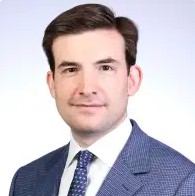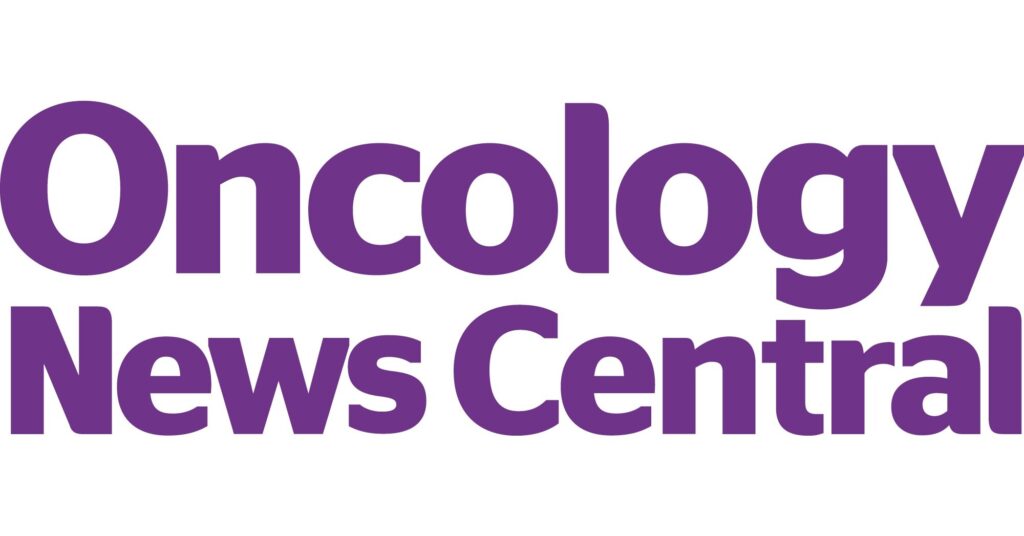Dr. David Russler-Germain, a newly minted attending oncologist, shares insights from his first year of clinical independence. His reflections offer valuable advice for fellows transitioning to attending roles, emphasizing the importance of self-awareness, continuous learning, and patient-centered care.
Key Points:
- Set realistic expectations: Balance confidence in your clinical skills with awareness of limited experience. Be prepared to consult senior colleagues when needed.
- Develop good habits: Be mindful of decision-making processes and avoid rushing to conclusions due to anxiety about appearing unknowledgeable.
- Prioritize patient care: Make decisions as if treating a family member, giving each patient undivided attention and addressing their concerns thoroughly.
- Manage time effectively: Establish processes for clinic preparation, referral management, and patient communication with your nurse coordinator.
- Embrace continuous learning: Recognize that even experienced oncologists encounter unfamiliar situations, and view this as an opportunity for growth.

“One of the most dreaded questions trainees face also scares new attendings: “How many patients with my cancer have you taken care of before?” You can still be an exceptionally competent junior attending, even if the honest answer is a single-digit number for rare entities.”
– David A. Russler-Germain, MD, PhD
More on Professional Development
 PATIENT EDUCATION
PATIENT EDUCATION  OBESITY/WEIGHT MANAGEMENT
OBESITY/WEIGHT MANAGEMENT  EXERCISE/TRAINING
EXERCISE/TRAINING  LEGAL MATTERS
LEGAL MATTERS  GUIDELINES/RECOMMENDATIONS
GUIDELINES/RECOMMENDATIONS 
